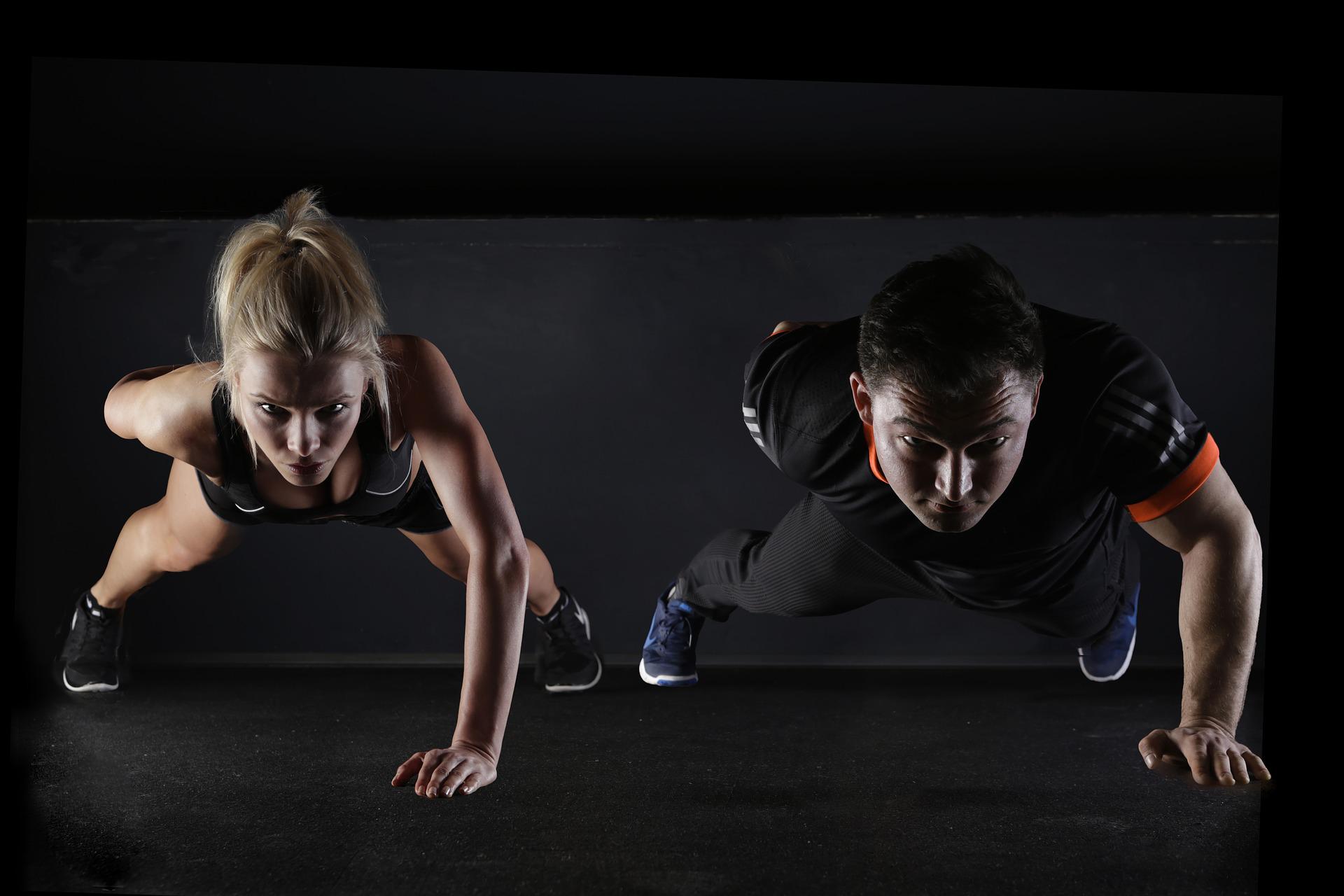News release
From:
When should I schedule my exercise? The question is more important than you think
Optimal time of day depends on sex and training objectives, show scientists for the first time
Summary: A randomized controlled trial shows that for physical exercise, the time of day affects its effectiveness. Whether morning or evening exercise is more effective depends on type of exercise and training objectives, and differs between women and men. But even when time of day isn't taken into account, the new multimodal weekly exercise program presented here improves health and performance for both sexes.
When should I fit exercise within my daily schedule? For most, the answer depends on our family's schedule and working hours, and perhaps on whether we're 'larks' or 'night owls'. But over the past decade, researchers have found that much more hangs on this question than these constraints. That's because recent findings suggest that the effectiveness of exercise depends on the time of day (Exercise Time Of Day, ETOD).
Now, a randomized controlled trial not only confirms convincingly that ETOD affects the effectiveness of exercise, but also shows that these effects differ between types of exercise, and between women and men. The results are published in Frontiers in Physiology.
Principal investigator Dr Paul J Arciero, a professor at the Health and Human Physiological Sciences Department of Skidmore College in Saratoga Springs, NY, USA, said: “Here we show for the first time that for women, exercise during the morning reduces belly fat and blood pressure, whereas evening exercise in women increases upper body muscular strength, power, and endurance, and improves overall mood and nutritional satiety."
"We also show that for men, evening exercise lowers blood pressure, the risk of heart disease, and feelings of fatigue, and burns more fat, compared to morning exercise."
New 12-week-long 'multimodal' training program
The authors recruited 30 women and 26 men to participate. All were between 25 and 55 years old, healthy, highly active, nonsmokers, and with normal weight. They were trained by coaches over 12 weeks, following the RISE program previously developed by Arciero et al.: depending on day of the week, either 60min of resistance (R) training, sprint interval (I) training, stretching (S) training, or endurance (E) training. Wednesdays, Saturdays, and Sundays were rest days. The participants followed a specially designed meal plan with a protein intake between 1.1 and 1.8g per kg body weight per day.
Importantly, female and male participants had been independently randomized beforehand to either of two regimes: exclusively training in the morning (60min between 06:30 and 08:30), or in the evening (between 18:00 and 20:00). Those assigned to morning exercise breakfasted after exercise, and ate three further meals at four-hour intervals. Those assigned to evening exercise ate three meals at four-hour intervals before training, plus another afterwards.
At the start and end of the trial, participants were comprehensively assessed for their aerobic power, muscular endurance, flexibility, balance, upper and lower body strength and power, and jumping ability. Only 16% of the 56 enrolled participants dropped out over the course of the 12-week trial, exclusively because they were unable to adhere to this nutrition and exercise schedule.
Besides changes in the participants' physical and metabolic parameters such as blood pressure, arterial stiffness, respiratory exchange ratio, and the bodily distribution and percentage of fat over the trial, the researchers also measured changes in relevant blood biomarkers, for example insulin, total and 'good' HDL cholesterol, C-reactive protein, and IL-6. They also administered questionnaires to the participants, to quantify changes in mood and feelings of food satiety.
Clear overall benefits of program
The researchers show that all participants improved in overall health and performance over the course of the trial, irrespective of their allocation to morning or evening exercise.
“Our study clearly demonstrates the benefits of both morning and evening multimodal (RISE) exercise to improve cardiometabolic and mood health, as well as physical performance outcomes in women and men," said Arciero.
But crucially, they also show that ETOD determines the strength of improvements in physical performance, body composition, cardiometabolic health, and mood.
For example, all female participants reduced their total body fat, abdominal and hip fat, and blood pressure over the trial, but these improvements were greater in morning-exercising women. Only evening-exercising men showed a decrease in their ratio of total to HDL cholesterol, blood pressure, respiratory exchange ratio, and carbohydrate oxidation, as fat became the preferred fuel source.
Different ETOD recommendations for women and men
“Based on our findings, women interested in reducing belly fat and blood pressure, while at the same time increase leg muscle power should consider exercising in the morning. However, women interested in gaining upper body muscle strength, power and endurance, as well as improving overall mood state and food intake, evening exercise is the preferred choice," said Arciero.
“Conversely, evening exercise is ideal for men interested in improving heart and metabolic health, as well as emotional wellbeing.”
Second author Stephen J Ives, an associate professor at Skidmore College concluded: "We have shown that ETOD should be an important consideration for anyone, women and men, given its effects on the strength of physiological outcomes of exercise. But regardless of ETOD, regular exercise is essential for our health."



 International
International



